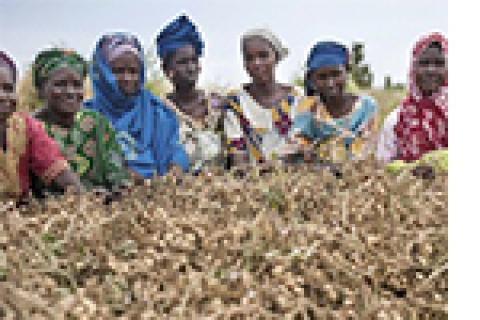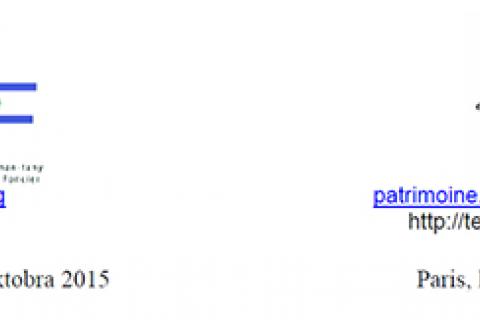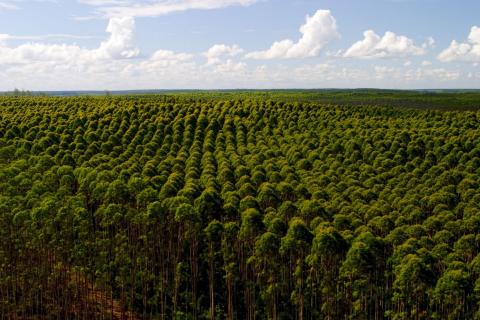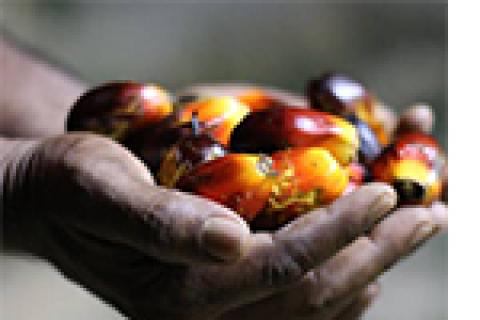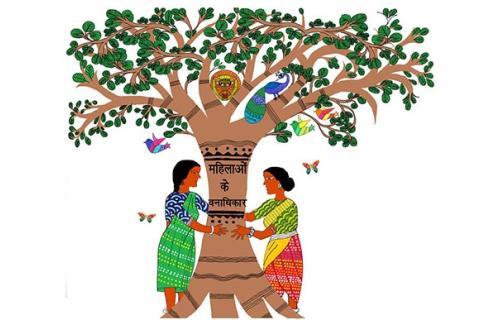Peasant seeds – the pillar of food production – are under attack everywhere. Under corporate pressure, laws in many countries increasingly limit what farmers can do with their seeds. Seed saving, which has been the basis of farming for thousands of years, is quickly being criminalised.
Other information
In the middle of the biggest continuous area of Brazil’s Atlantic Forest, southwest of Sao Paulo, researchers of the University of Sao Paulo and the State University of Campinas accompany the changes in the region’s quilombola communities since 2003.
The publication recently launched by the Mexican organization Otros Mundos Chiapas is an effort to share many elements and experiences of community forest management. Facing a vast quantity of information disseminated by governmental and non-governmental organizations that side with the mercantilization of nature policies, many forest communities and peoples must confront new processes to defend their land and territory.
The platform SIF and Collective TANY call on the Malagasy public opinion and all citizens worldwide to sign a petition to urge the Malagasy authorities to adopt laws which secure the farmers and local communities rights on their lands.
On September 21, about 300 indigenous peoples occupied the Nedila property in the municipality of Prado Bahia, Brazil, where the Suzano Company has a eucalyptus monoculture plantation. The main demand of the indigenous peoples is the immediate closure of the plantation, which is already causing great environmental destruction. The plantation is still not fully developed, but it is already showing its harmful effects on humans as well as on fauna and flora.
Malaysian palm oil industry, which produces 40 per cent of the world’s palm oil supply, is growing but, according to labourers and activists interviewed by a Wall Street Journal report, also surrounded with abuses. Migrant workers, especially from Bangladesh and Myanmar, are being brought in terrible conditions by human traffickers as labourers in certain palm oil plantations in Malaysia.
An article from the recently launched book “Gender and Land Tenure in the context of Disaster in Asia”, examines the impact of changing land use and land tenure systems in Sarawak on human rights, livelihoods, and local gender practices. The article studies the Iban community of Kampong Lebor whose customary lands were cleared by companies to establish oil palm plantations.
In 2013, the Rapporteur on human rights to the environment (RDHMA, for its Portuguese acronym), from the DhESCA Platform, conducted a Research and Advocacy Mission in the state of Acre on the green economy problematic and its political and territorial effects. Different state governments, especially in the Amazon, have already established or are in the process of defining state policies contemplating proposals for payments for environmental services and REDD+. Acre is one of the pioneers.
After two years of blocking all work on the proposed Baram Dam in Sarawak, Malaysia, the indigenous peoples have scored a major victory: the state government has announced a moratorium on the controversial dam and an evaluation of small-scale energy alternatives. The indigenous peoples of Baram however are still concerned due to the status of their native lands which are already gazetted for construction of the dam, and of the on-going logging activities carried out with valid permits.
A Press Release by All India Forum of Forest Movements (AIFFM) denounces the Government of India allowing “forest concessions” to private sector companies in what it perceives as state-owned forests. Forty per cent of the “identified” degraded forests could be given away on lease to private companies for raising plantations, violating not one but several statutes such as the Forest Rights Act or the Indian Forest Act.
The Global Coalition Against REDD in alliance with the No REDD in Africa Network (NRAN) and supported by many international organizations launched a Declaration at the Civil Society Alternative Programme to the World Forestry Congress, which was held in Durban, South Africa, in early September.
On August 25, 2015, employees of the Fibria Company in Tres Lagunas, Mato Grosso do Sul, made public the recent layoffs made by the company - one of the largest pulp producers in Brazil. “In the last few weeks alone there were almost 18 layoffs. And the worst is that some workers with occupational diseases were also dismissed.” The dismissals are thought to be a retaliation due to workers’ mobilization surrounding the creation of a new union organisation.
